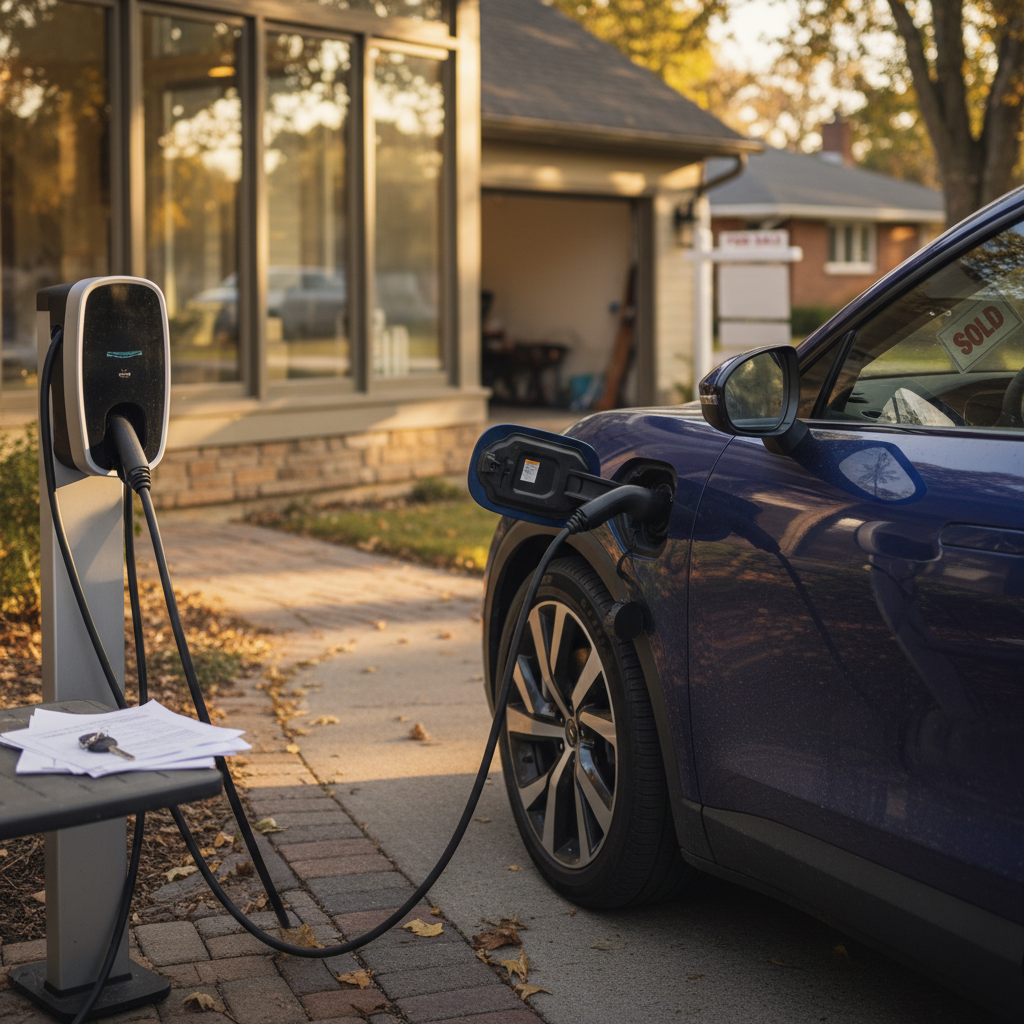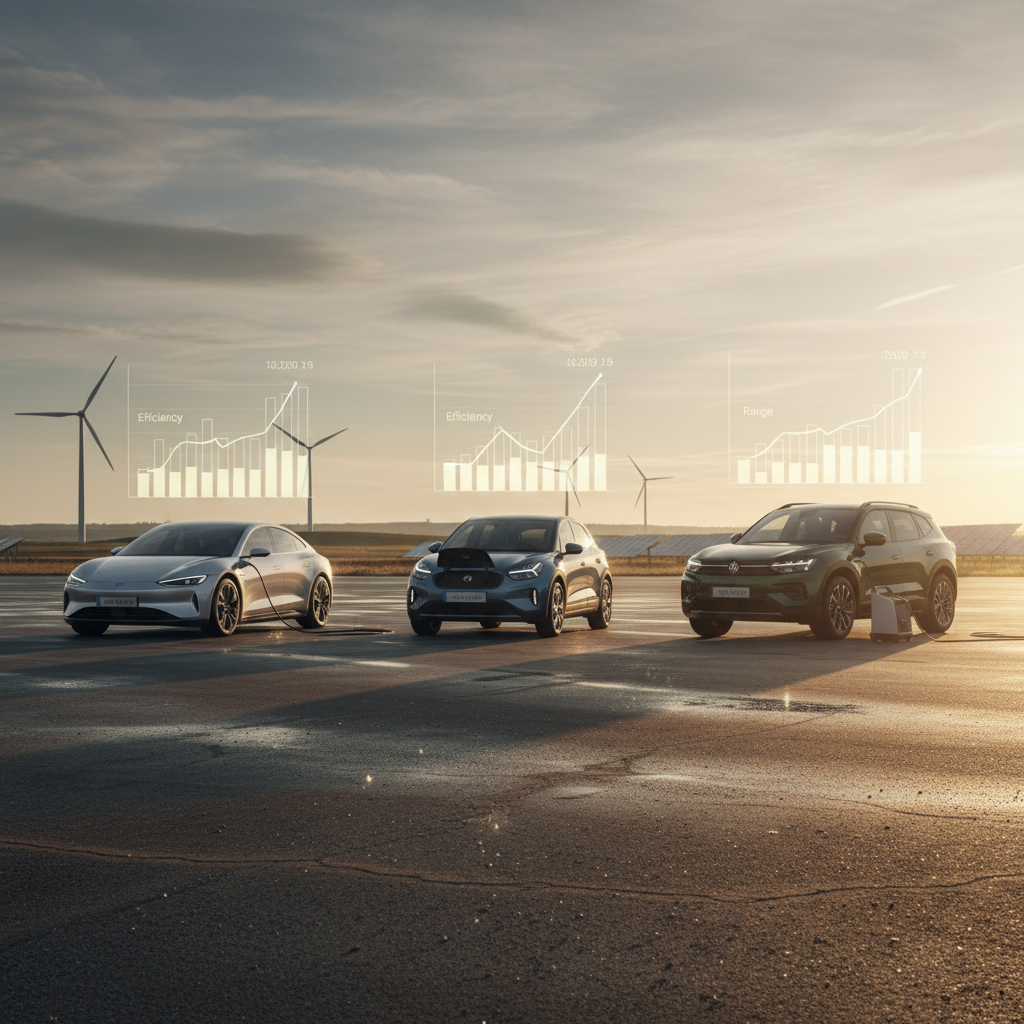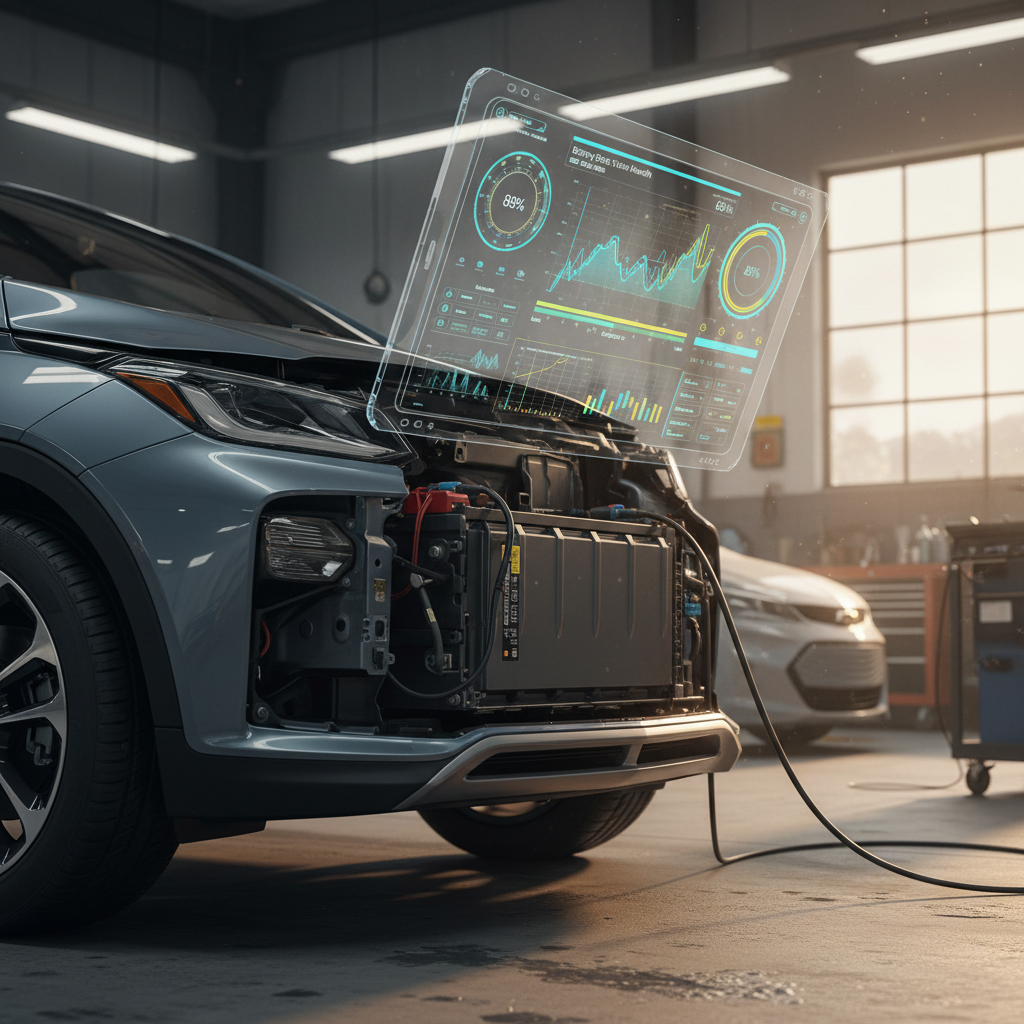If you’re shopping for cars for under $15K in late 2025, you’ve probably noticed some sticker shock. The average used car now sits well north of $20,000, and three‑year‑old vehicles are topping $30,000 in many cases. That doesn’t mean a $15,000 budget is a lost cause, it just means you have to be smarter and more flexible than in years past.
Why the $15K mark feels tight now
Can you still find good cars for under $15K in 2025?
Short answer: yes, but you’re shopping in a tighter corner of the market than before the pandemic. $15,000 today feels more like $10,000 used to. You’ll likely be looking at cars that are 6–10 years old, compact or midsize, and with higher mileage than you might prefer. The tradeoff is that modern vehicles, especially well‑maintained Japanese and Korean models, routinely last beyond 150,000 miles if cared for properly.
The $15K used-car landscape in 2025
Think total cost, not just purchase price
What to expect from a car under $15,000 today
What you can reasonably get
- Model years: mostly 2014–2019 for gas/hybrid, 2017–2021 for some EVs.
- Mileage: 70,000–140,000 miles is common; lower miles usually mean older, smaller cars.
- Body styles: compact sedans, hatchbacks, some midsize sedans, and older compact SUVs.
- Features: backup camera, Bluetooth, basic driver‑assist on newer models; not every car will have full safety tech.
What’s harder under $15K in 2025
- Late‑model SUVs: Modern crossovers are in high demand and often exceed $20K used.
- Pickup trucks: Even older full‑size trucks tend to run well above $15K.
- Luxury brands: You may find older luxury cars, but maintenance and repair costs can blow up a tight budget.
- Fresh off‑lease cars: Three‑year‑old mainstream models now often sit closer to $25–30K.
Beware of "too new, too cheap" listings
Best used gas and hybrid cars for under $15K
If your top priority is simplicity and low upfront cost, a conventional gas or hybrid car still makes a lot of sense. Here are categories and example models that frequently show up at or below $15,000 in many U.S. markets, depending on mileage and condition.
Strong used gas & hybrid picks near $15K
Think reliability first, bells and whistles second.
Reliable compact sedans
Good for: commuters, new drivers, anyone who values low running costs.
- Toyota Corolla (2015–2019)
- Honda Civic (2014–2018)
- Hyundai Elantra (2017–2020)
Look for thorough maintenance records and avoid heavy modifications.
Practical midsize sedans
Good for: small families, highway commuters.
- Toyota Camry (2013–2017)
- Honda Accord (2013–2017)
- Mazda6 (2014–2018)
These may require higher mileage to drop below $15K, but they’re built to last.
High‑MPG hybrids
Good for: drivers with long commutes and high fuel costs.
- Toyota Prius (2012–2017)
- Ford Fusion Hybrid (2013–2018)
- Hyundai Sonata Hybrid (2013–2017)
Hybrids add complexity but can dramatically lower fuel bills when maintained properly.
Representative gas & hybrid options under $15K
Real-world availability will vary by region, mileage, and condition. Use this as a starting point, not a guaranteed price list.
| Model | Type | Typical Years Under $15K* | Strengths | Watch-outs |
|---|---|---|---|---|
| Toyota Corolla | Gas | 2015–2019 | Outstanding reliability, low operating costs | Fleet history on some cars, inspect interior wear. |
| Honda Civic | Gas | 2014–2018 | Fun to drive, efficient, strong resale | Avoid heavily modified examples; check for accident history. |
| Toyota Camry | Gas | 2013–2017 | Comfortable, durable, easy to resell | Higher mileage likely in this price range. |
| Toyota Prius | Hybrid | 2012–2017 | Excellent fuel economy, proven hybrid tech | Battery age, ask about replacement history and hybrid system checks. |
| Hyundai Elantra | Gas | 2017–2020 | Newer styling, strong value, good features | Service history is key; earlier models had some engine issues. |
| Ford Fusion Hybrid | Hybrid | 2013–2018 | Comfortable, efficient midsize sedan | Ford ended the model, focus on long‑term parts availability in your area. |
Expect to compromise on either age or odometer to land near $15,000.
Where Recharged fits in if you’re EV‑curious
Best used electric cars under $15K
Five years ago, finding electric cars under $15K meant serious compromises on range. By late 2025, early long‑range EVs and city‑focused models have dropped into this bracket in meaningful numbers. The key is understanding battery health, range needs, and charging access, areas where Recharged leans in with diagnostics and education.

Standout used EVs you may find for under $15K
Exact pricing varies, but these models frequently hit $15K or less with the right mileage and options.
Chevrolet Bolt EV (2017–2019)
Why it’s compelling: Early Bolt EVs offer EPA‑rated ranges around 238 miles when new, plus DC fast charging capability. Many 2017–2019 examples now list in the low‑ to mid‑teens.
- Great for: commuters, one‑car households with regular highway driving.
- Focus on: recall status (battery replacement/repair), updated software, and fast‑charge history.
Nissan Leaf Plus (2018–2020)
Why it’s compelling: The Leaf Plus models (SV/SL) increased range into the low‑200s and are often available around $12–15K depending on miles.
- Great for: daily driving, light road trips with planning.
- Focus on: battery health reports, climate history, hot climates can accelerate degradation.
Hyundai Ioniq Electric & Kia Soul EV
Why they’re compelling: These compact EVs don’t always match the Bolt’s range but can be very efficient and well equipped for city driving.
- Great for: urban commutes, second‑car households.
- Focus on: onboard charger power (for faster Level 2 charging) and availability of dealers experienced with EVs.
BMW i3 (with or without REx)
Why it’s compelling: The i3 is a distinctive, premium‑feeling EV that often dips below $12K. REx versions add a small gas generator for backup.
- Great for: style‑conscious buyers, short‑to‑medium commutes.
- Focus on: carbon‑fiber body repairs can be costly; verify REx servicing on those models.
Use Recharged’s battery diagnostics to de‑risk a used EV
How to evaluate a $15,000 car like a pro
At this price point, the difference between a great deal and a money pit usually comes down to inspection and documentation. Here’s how to stack the odds in your favor whether you’re buying a gas car, hybrid, or EV.
7 essential checks before you commit
1. Pull a full history report
Look for accident history, title status, odometer rollbacks, and number of owners. Branded or salvage titles can be cheap up front but expensive down the road and harder to insure or finance.
2. Inspect service records
Regular oil changes (for gas/hybrids), coolant, brake, and tire services are strong signs of a cared‑for car. For EVs, look for battery and high‑voltage system checks.
3. Get a pre‑purchase inspection
Independent mechanics or EV specialists can spot issues you’ll miss in a quick test drive, suspension wear, leaks, frame damage, and more. On a $15K car, the inspection cost is cheap insurance.
4. Test drive the way you’ll actually use the car
If you drive mostly highway, don’t just loop the block. Check tracking at speed, transmission shifts (or EV power delivery), and braking feel. Listen for wind noise, rattles, and clunks.
5. Confirm safety and recall status
Verify that all open recalls are addressed. For older cars, check that critical safety items like airbags, seatbelts, and ABS/ESC systems function properly.
6. For EVs, review battery health & charging behavior
Ask for a battery health report or use a seller that provides one. Verify the charge port, onboard charger speed, and test both Level 2 and DC fast charging if possible.
7. Run the numbers on total cost
Include taxes, registration, insurance, and an initial maintenance budget in your plan. A car that fits your $15K cap but leaves you nothing for repairs can still derail your finances.
Don’t skip the paperwork because the deal feels urgent
Financing and trade-in strategies on a $15K budget
Financing a sub‑$15K car looks different in 2025 than it did a decade ago. Interest rates and loan terms have stretched, and some lenders set minimum loan amounts that make very small loans awkward. The key is keeping your monthly payment reasonable without stretching the term so far that you’re still paying for the car long after you want to move on.
Smart financing guidelines
- Target term: Aim for 36–60 months. Longer terms lower the payment but increase total interest and the risk of being upside‑down.
- Down payment: 10–20% helps protect you from owing more than the car is worth.
- APR shopping: Get quotes from your bank/credit union and online lenders. Even a 1–2 percentage point difference matters at this budget.
- Loan size minimums: Some lenders won’t finance very small loans; if your budget is close, you may benefit from slightly more down or financing through a specialized retailer.
Leverage your current car
- Know your trade‑in value: Use online tools to estimate value, then compare instant offers and dealer bids.
- Separate negotiations: Talk price and trade‑in separately to see where the real numbers are.
- Consider consignment or instant offers: Platforms like Recharged can help you get a fair EV value via instant offer or consignment, especially if you’re trading out of an electric vehicle.
- Avoid rolling negative equity: Don’t fold old debt into a new loan if you can avoid it, that’s how small budgets spiral.
How Recharged can help on the money side
Common pitfalls when shopping cars under $15K
- Chasing the newest model year instead of the best condition and maintenance history.
- Ignoring future costs like timing belts, tires, or hybrid/EV battery considerations.
- Underestimating insurance costs, especially on sporty or luxury‑branded models that happen to be cheap to buy.
- Skipping test drives or inspections because “it’s just a cheap car.”
- Letting monthly payment drive the decision instead of total cost and term.
Watch for false economies
FAQ: Cars for under $15K
Frequently asked questions about cars under $15K
Bottom line: Are cars under $15K still worth it?
A decade ago, cars for under $15K were everywhere. In 2025, they’re still out there, you just have to hunt harder and judge more carefully. If you keep your expectations aligned with today’s market, prioritize condition over cosmetics, and insist on thorough inspections and documentation, a $15,000 cap can still deliver dependable transportation.
If you’re leaning toward an electric vehicle, using a specialist like Recharged can remove much of the guesswork. Battery‑health reporting, EV‑focused support, and fair‑market pricing give you the clarity you need to decide whether a used EV, hybrid, or traditional gas car is the smartest play for your budget. Take your time, compare options, and let the numbers, not the pressure of the moment, guide your decision.



